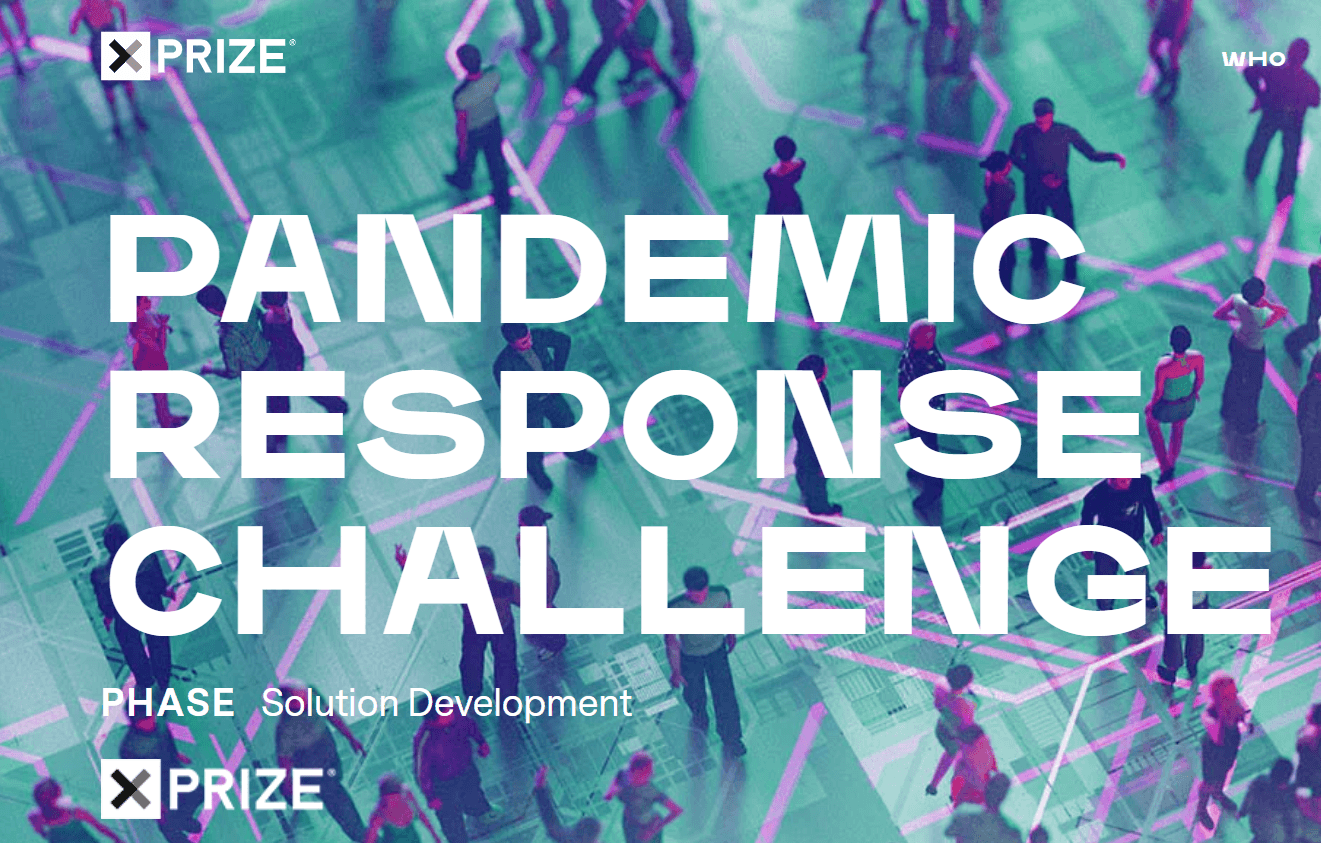
What You Should Know:
– Cognizant, a Fortune 200 leader in technology and professional services, recently partnered with XPRIZE on the Pandemic Response Challenge, a global competition aimed at fighting the pandemic and mapping a course for safely reopening societies using artificial intelligence. The challenge began in November 2020 and recently entered its final phase.
– The 48 finalist teams from 17 countries were selected from 104 semifinalist teams from 28 countries following an independent judging panel’s assessment of teams’ predictions of COVID-19 transmission rates and patterns.
XPRIZE, the world’s leader in designing and operating incentive competitions to solve humanity’s grand challenges, in partnership with Cognizant, one of the world’s leading technology and professional services companies, today announced that 48 teams from 17 countries are advancing to the final round of the $500K Pandemic Response Challenge.
Pandemic Response Challenge Background
Since the initial approval of COVID-19 vaccines in December 2020, the global pandemic has raged on – more than 25 million additional people have been diagnosed with the disease. The competition aims to harness the power of data and artificial intelligence in equipping policymakers, health officials, and business leaders with insights and guidance necessary to implement public safety measures and safely deliver the vaccine, maximizing their ability to keep local economies open while minimizing potential virus breakouts. Additionally, organizers hope the Challenge will advance the use of AI and data in addressing other humanitarian challenges.
Launched in November 2020, the Pandemic Response Challenge is comprised of two phases. In Phase 1, concluded earlier this month, contestants were tasked with analyzing local COVID-19 data, intervention strategies, and mitigation policies to develop and test a prediction model that could anticipate global infection spikes. The teams had access to foundational models from Cognizant’s Evolutionary AI™ team, which applied artificial intelligence to COVID-19 data sourced from Oxford University and John Hopkins in Spring 2020.
Finalist teams were selected from 104 semifinalists from 28 countries following an independent judging panel’s assessment of teams’ predictions of COVID-19 transmission rates and patterns.
The 48 finalist teams are:
ADVANCE4COVID, United States
Alphanumerics, United States
BeatCovid, Canada
Big Green, United States
Bioinfo, Sweden
Blitzkrieg Bop, China
Blue Insight, Romania
Bologna Against COVID, Italy
BOSS, United States
CCR, Canada
CGlorioso (X-Glo), United States
CoronaSurveys, Spain
DropTableUsers, China
DSN, Nigeria
DuAI, China
EazyML Team – Innovators of Transparent ML Platform, United States
H-A-L-O AI – Digital Vaccine, United States
IISc-GCDSL, India
JSI vs COVID, Slovenia
Kangaroos, Australia
KASSANDRA, Greece
Klakinn, Iceland
KorkinLabWPI, United States
lnb51451, United States
M-montreal-quebec, Canada
metis2020, United States
Monster Response, Canada
mvsm, Germany
Nebraska team, United States
Nixtamal AI, Mexico
Nnet-Elsinore, Denmark
PAndemic Wave Predictor (PaWP), United States
Pathcheck, United States
Predii, United States
Salus, United States
Shanvi, United States
SZU, China
Tanjo, United States
TBSI, China
Team IMPACT, United States
Team-Prawn, China
The COVariates, Canada
transatlantic, France
University of Central Florida, United States
USC COVID-19 Team, United States
VA-uOttawa, Canada
VALENCIA, Spain
VinTeam, United States
The top 3 finalist countries are: U.S. (20), Canada (6), and China (6). The Challenge received the most team pre-registrations overall from the U.S. (42).
“The finalists in the Pandemic Response Challenge have demonstrated incredible innovation in their efforts to help the world emerge from the COVID-19 pandemic,” said Brian Humphries, Chief Executive Officer of Cognizant. “Advancements these teams are making can have far-reaching implications – empowering policy-makers and business leaders globally with data-driven tools, informing countries’ decisions about their re-opening strategies, and proving the value of AI and collaboration in addressing future humanitarian crises.”
